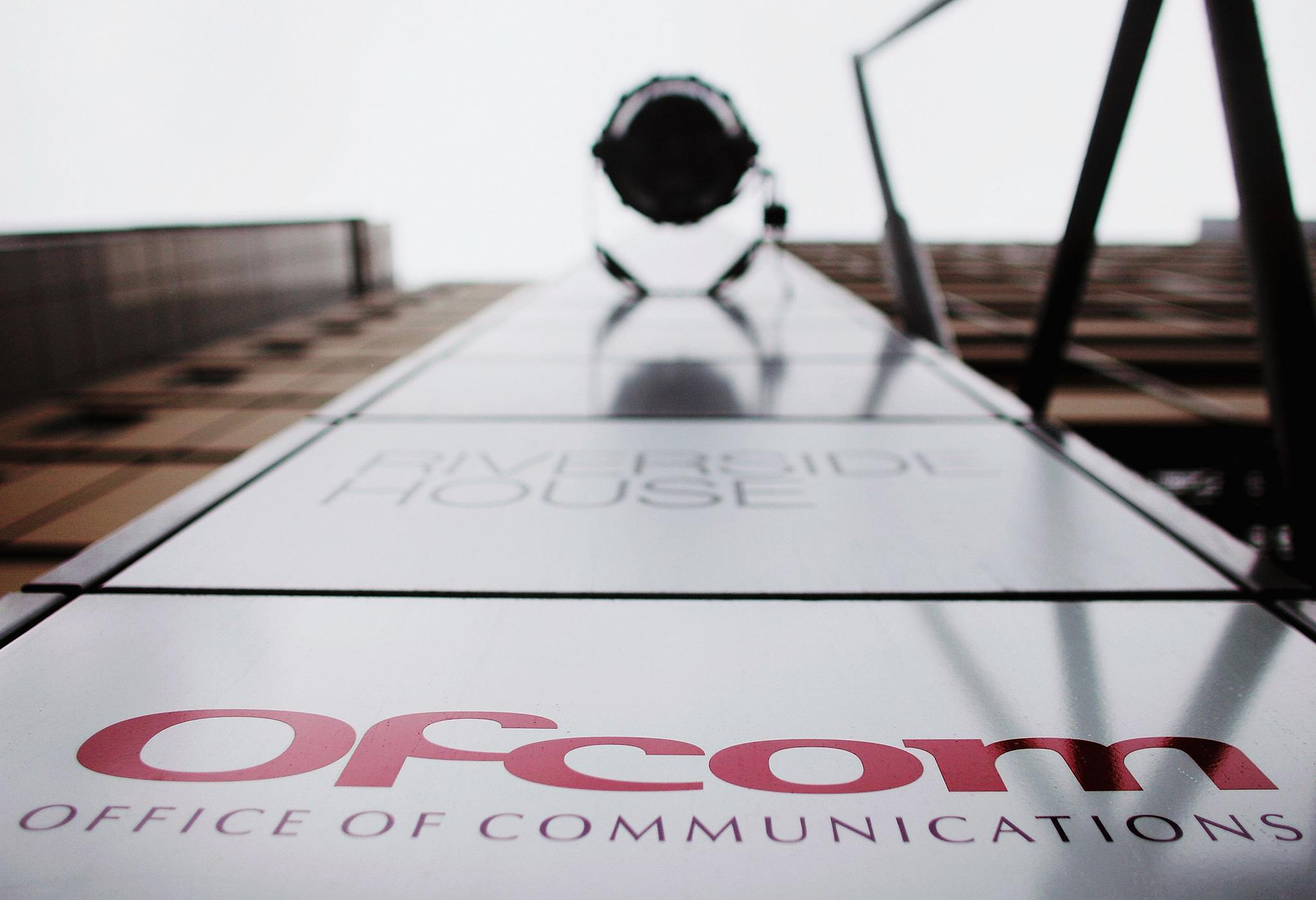BT must make broadband work better in post-Brexit Britain
Communciations regulator Ofcom wants broadband provider Openreach to be given legal indpendence within the BT Group. The onus is on BT to make it work

“Britain can’t afford to wait [for broadband change].”
That is the best, and perhaps the only reason, for stopping short of breaking up BT.
Sharon White, Ofcom’s chief executive, told me that she was concerned about the time it would take to accomplish such a move given the importance to the British economy of pressing ahead with improvements to broadband. There are warehouses full of contracts that would need re-writing. There is BT’s huge and deficit-ridden pension scheme. The complications posed by that should not be underestimated.
But perhaps more to the point, BT would almost certainly fight tooth and nail to prevent such a move and the drift while the two sides engaged in a bitter and complicated tussle would be hugely damaging.
So what we have is a compromise, with Openreach being given legal independence within the BT group. It will have control over its budget. But the budget will still be set by BT. It will have its own board. But its members will still be appointed by BT. Customers, Sky, Vodafone, TalkTalk, will be able to engage in confidential discussions with Openreach over investment plans among other things. Hopefully.
Ofcom will oversee all of these. But it might yet need to lay the hammer down. Perhaps that’s why Ms White was so keen to stress that the break option stays on the table. It is to be hoped that BT will take the threat seriously. Because Ms White is right, Britain cannot afford to wait. She points to the fact 70 per cent of Japan’s population can get fibre broadband to their doors. With South Korea it is 60. With Britain it is a pitiful 2 per cent.
But, says BT, our super-charged copper cables are a form of fibre broadband. Oh no they’re not says BT’s competitors, which have to use its network.
Read More: BT broadband packages
Too much time is being wasted on this sort of debate. In a post-Brexit world, the country needs to be a broadband leader. The vote to exit the EU has damaged the economy, and badly. If the country’s connectivity is at the head of the pack it might just prevent that damage from being fatal.
What we have with Ofcom’s proposals is a compromise. Compromises are, by their nature, messy. But judging from the reactions I’ve seen so far – nobody’s exactly happy but they’re all prepared to live with what’s on the table – Ms White and Ofcom have got it right.
The onus now is very much on BT to make the new arrangements work. Chief executive Gavin Patterson complains that there are still “issues” to be worked out, such as the costs associated with legally incorporating Openreach within the BT group. He needs to find answers. BT needs to show that it can be a co-operative partner. Mr Patterson is probably correct when he points out that no one else is investing at the sort of level BT is in Openreach in post-referendum Britain. But it is still fair to ask whether that investment is sufficient, particularly given the under-investment in previous years.
The BT boss says Openreach is getting better, and can produce figures there too. But again, is it improving quickly enough?
The reason MPs on the Culture, Media & Sport Select Committee issued such a scathing report on its progress last week is in part because their postbags are bulging with complaints. Not all of them can be traced back to BT, a point well made by Mr Patterson. BT’s rivals such as Sky, Vodafone and TalkTalk are no angels any more than BT is a devil. But it could still do better. It has to do better. And it’s a little worrying that Mr Patterson continually talks about the challenges of meeting customers expectations. The answer there is simple. Work harder, work smarter, deal with them and the complaints about BT will die away.
In the meantime Ofcom will have to wield a big stick and be prepared to bring it down hard.
Join our commenting forum
Join thought-provoking conversations, follow other Independent readers and see their replies
Comments
Bookmark popover
Removed from bookmarks